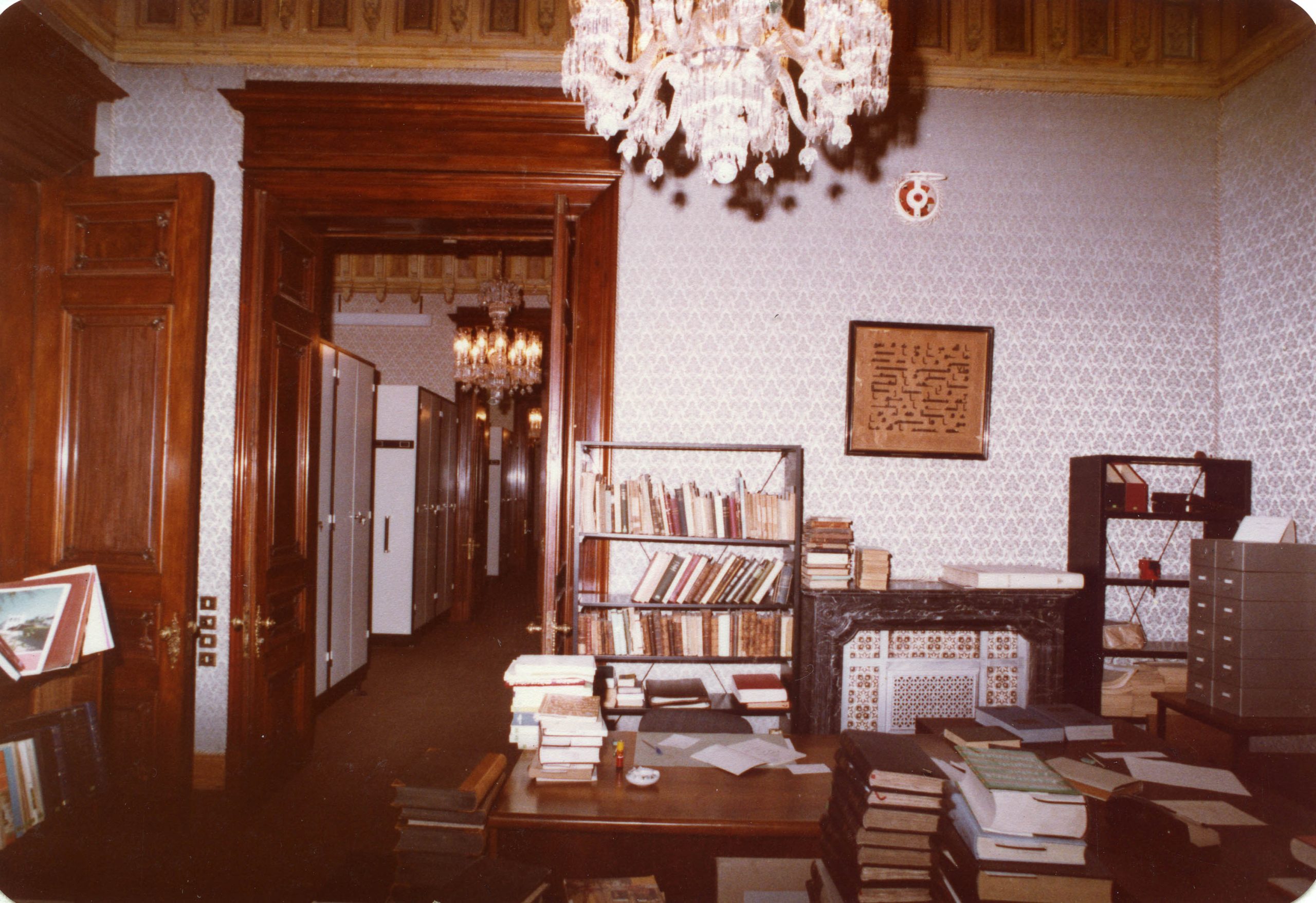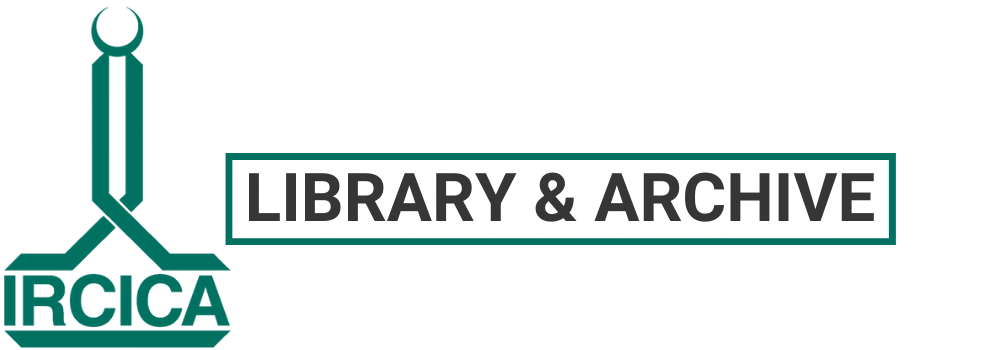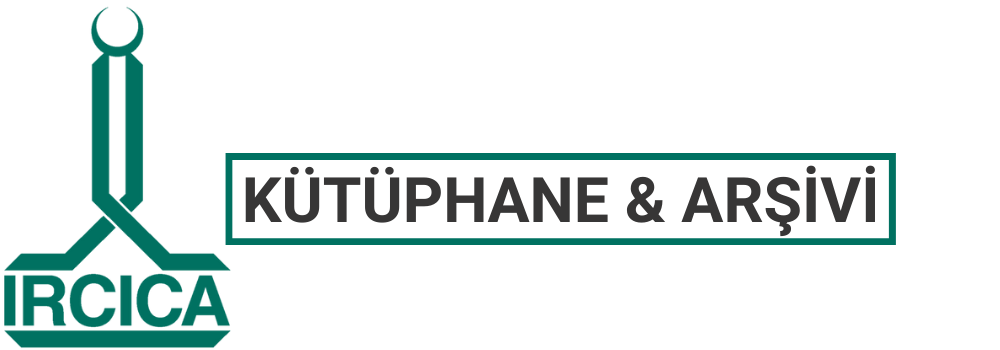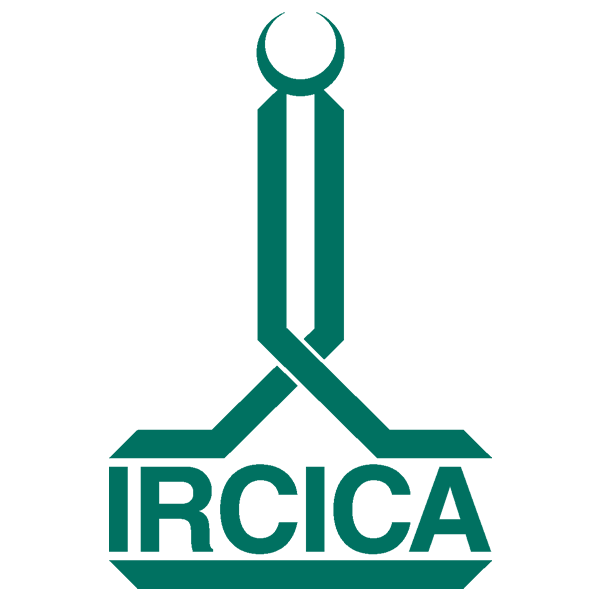History
Research Centre for Islamic History, Art and Culture (IRCICA) is the cultural subsidiary centre of the Organization of Islamic Cooperation (OIC). Starting from its establishment in 1979, IRCICA has formed a library and archive for access to accurate, reliable and universal information. From the outset until July 2017, the Centre was located at Yıldız Palace, İstanbul. Later, it was transferred to the Bab-ı Âli Complex allocated to its use by the Presidency of the Republic of Türkiye in the historical city core.
IRCICA Library and Archive is one of the few specialized libraries and archives in its field in the world and closely follows the new technologies. It has a collection of materials of different types and formats, related in particular to the history, arts, culture, and literature of Islamic countries and Muslim peoples. By making this collection available to users from all over the world, it aims to support research and studies in related fields, while also preserving, developing and transferring these materials to future generations.
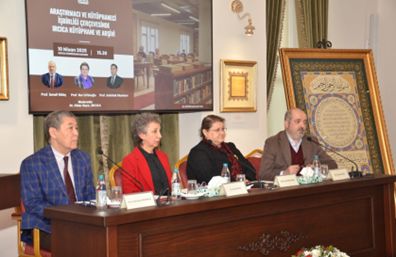
2025 – IRCICA celebrated the 61st Library Week with the panel “IRCICA Library and Archive within the Framework of Researcher and Librarian Cooperation”. The panel was moderated by Dr. Didar Bayır and addressed by Prof. Nur Urfalıoğlu, Prof. İsmail Güleç and Prof. Ashirbek Muminov.
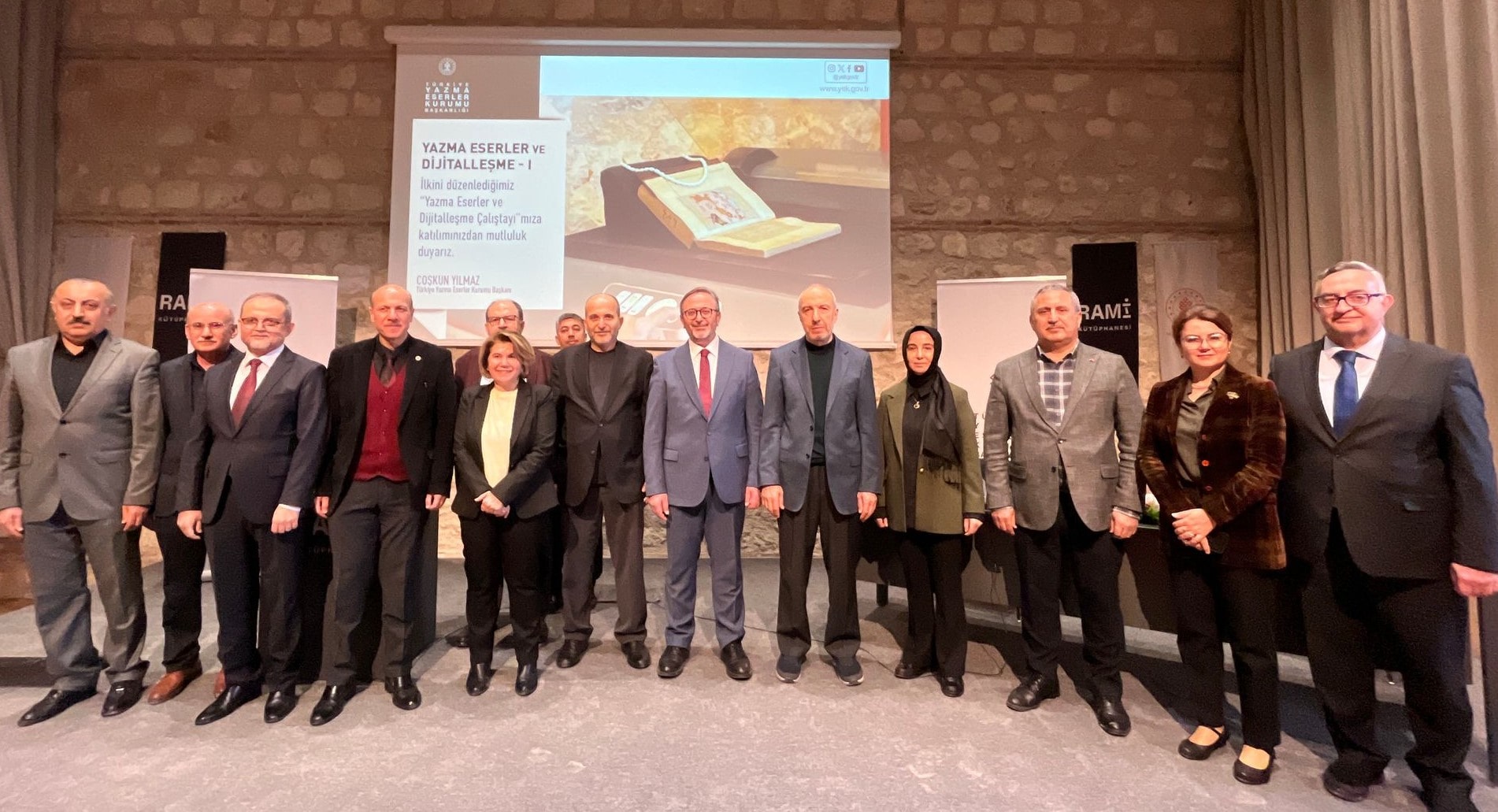
2025 - At the Manuscripts and Digitization-I Workshop organized for the first time by the Presidency of the Turkish Manuscripts Institution, a presentation by Neslihan Sandal, Deputy Director, IRCICA Library and Archive, communicated the Centre’s experiences and activities.
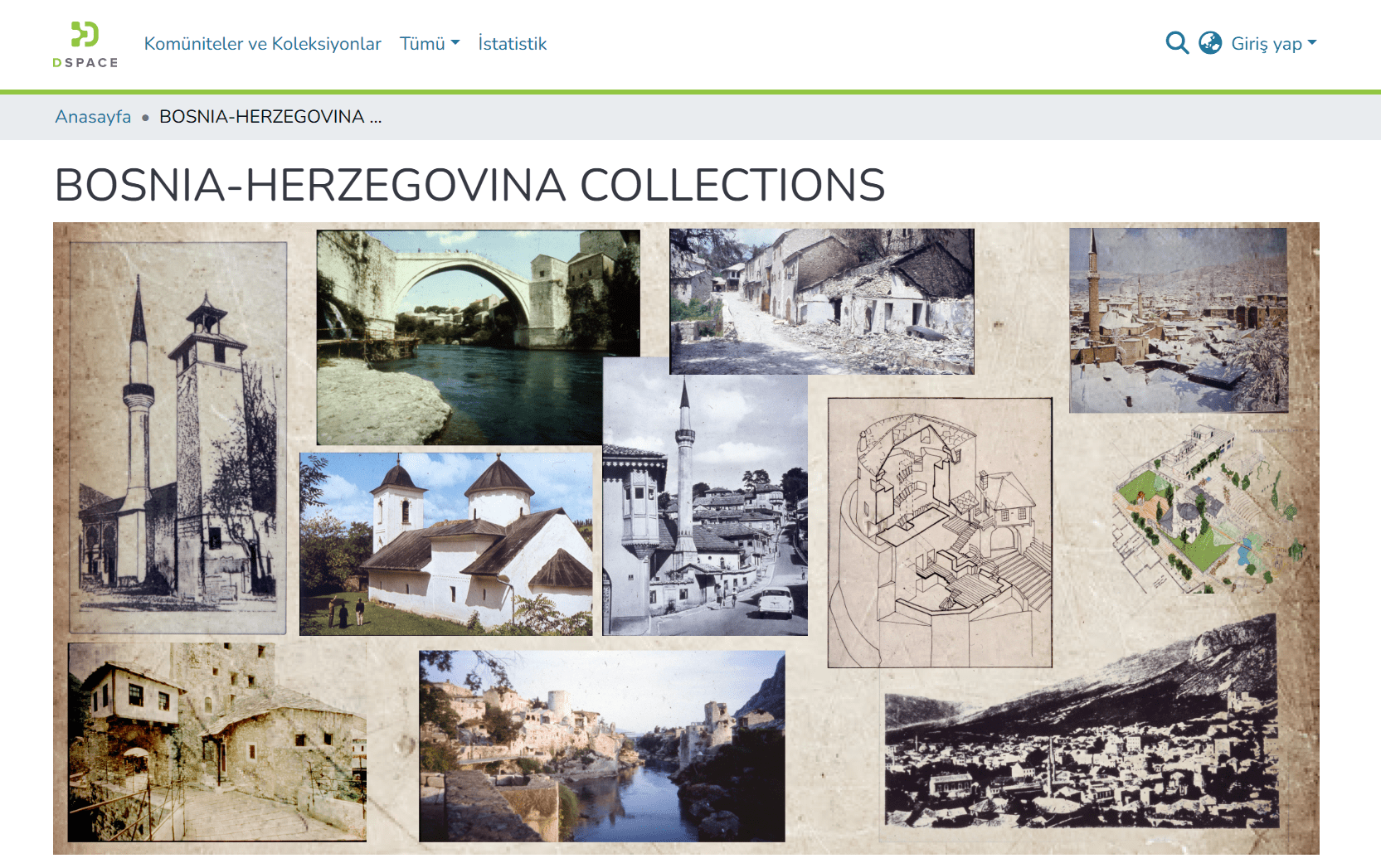
2024 - In addition to the slides collection of Prof. Amir Pašić, other materials related to Bosnia and Herzegovina held in the IRCICA Library and Archive are also available to researchers through the DSpace program.
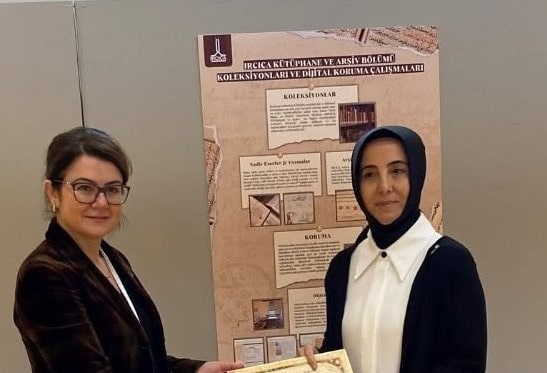
2023 - 2023 - Participation in the 1st Manuscripts Preservation and Restoration Symposium organized by the Presidency of the Turkish Manuscripts Institution with a poster titled “IRCICA Library and Archive Collections and Digital Preservation Studies”.
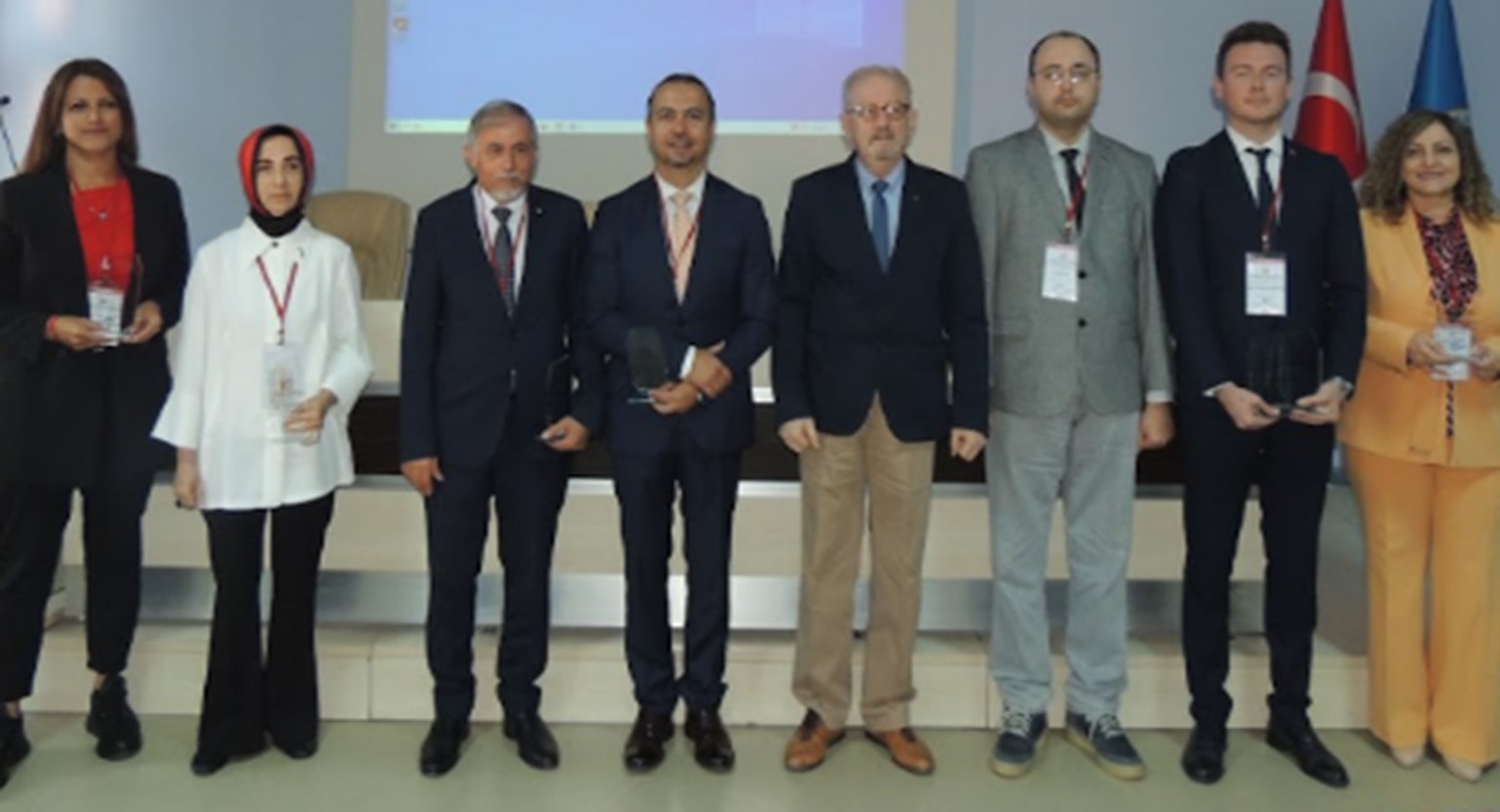
2023 - In the symposium organized by the Turkish Librarians’ Association in Ankara on the occasion of the 100th anniversary of the Republic, IRCICA Library and Archive Deputy Director Neslihan Sandal delivered a speech titled “Presentation of Cultural Heritage in IRCICA to Users in Light of Technological Developments”.
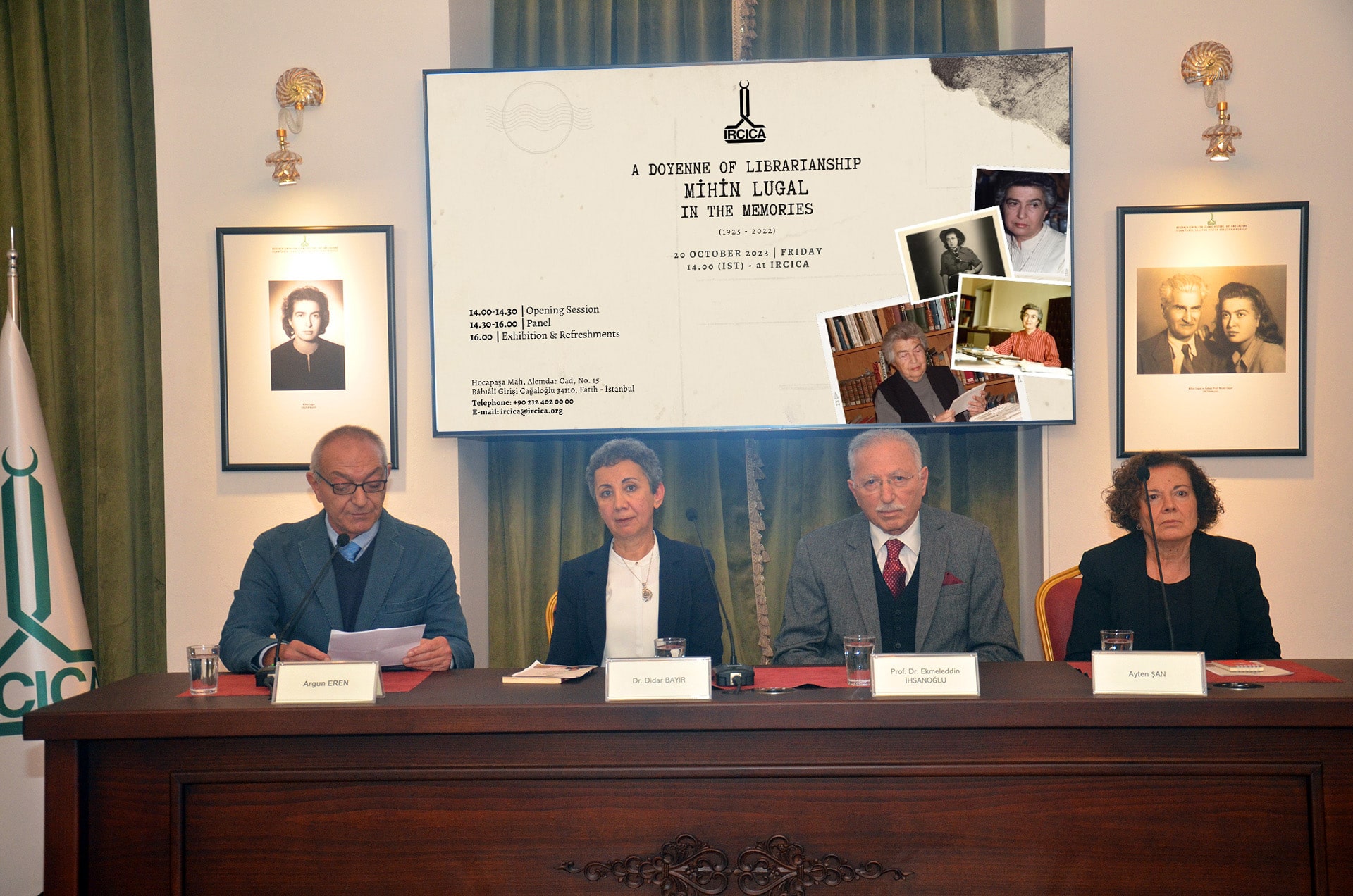
2023 - The expert librarian Mihin Lugal (1915-2022), who worked at the IRCICA Library for many years, was commemorated with a meeting. Mihin Lugal donated a valuable collection of books, photographs and letters belonging to her father Prof. Necati Lugal and herself to IRCICA.
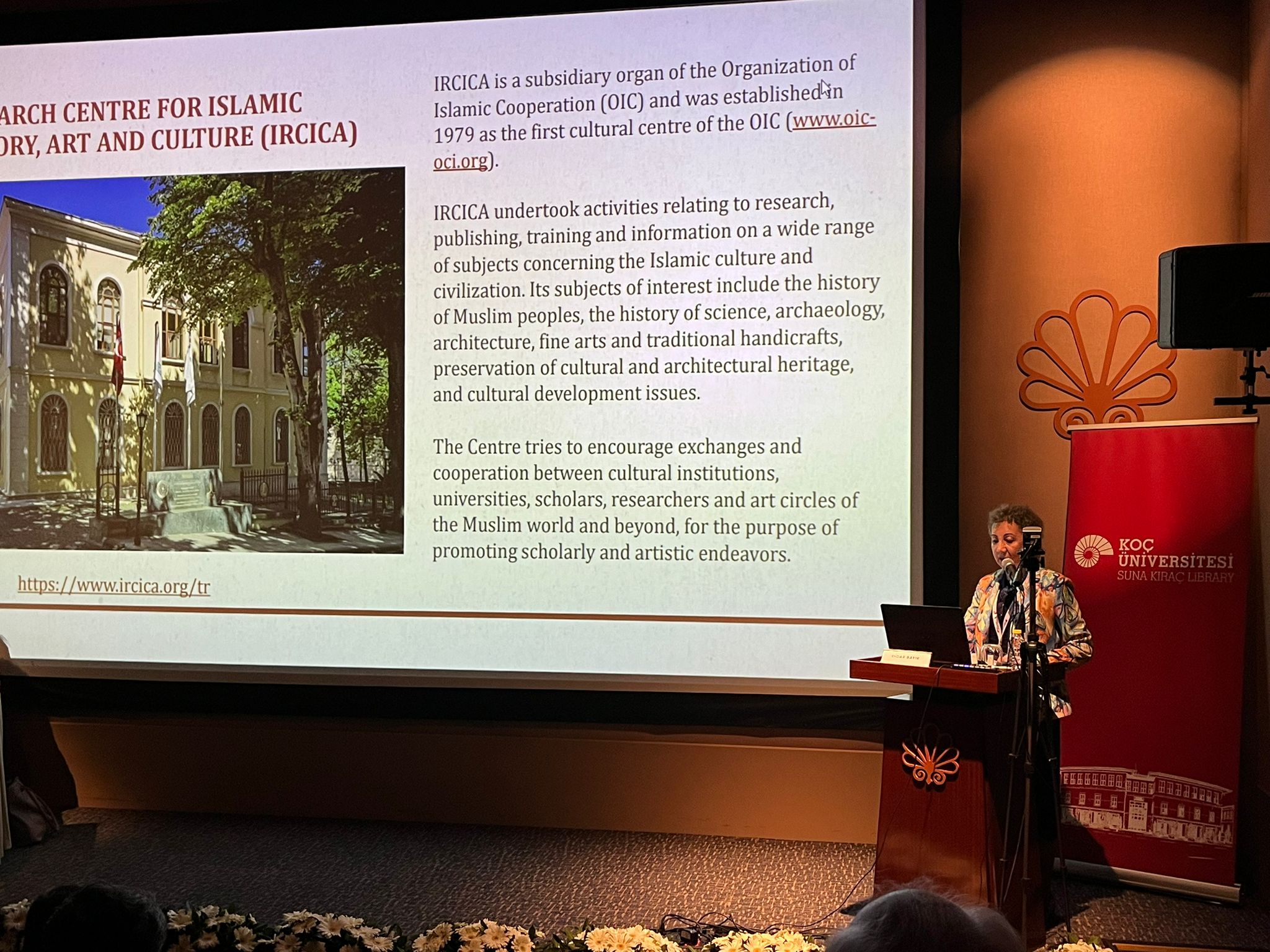
2023 – Dr. Didar Bayır made a presentation introducing the collections and services of IRCICA Library and Archive at the 44th MELCom Annual Meeting hosted by Koç University in Antalya.
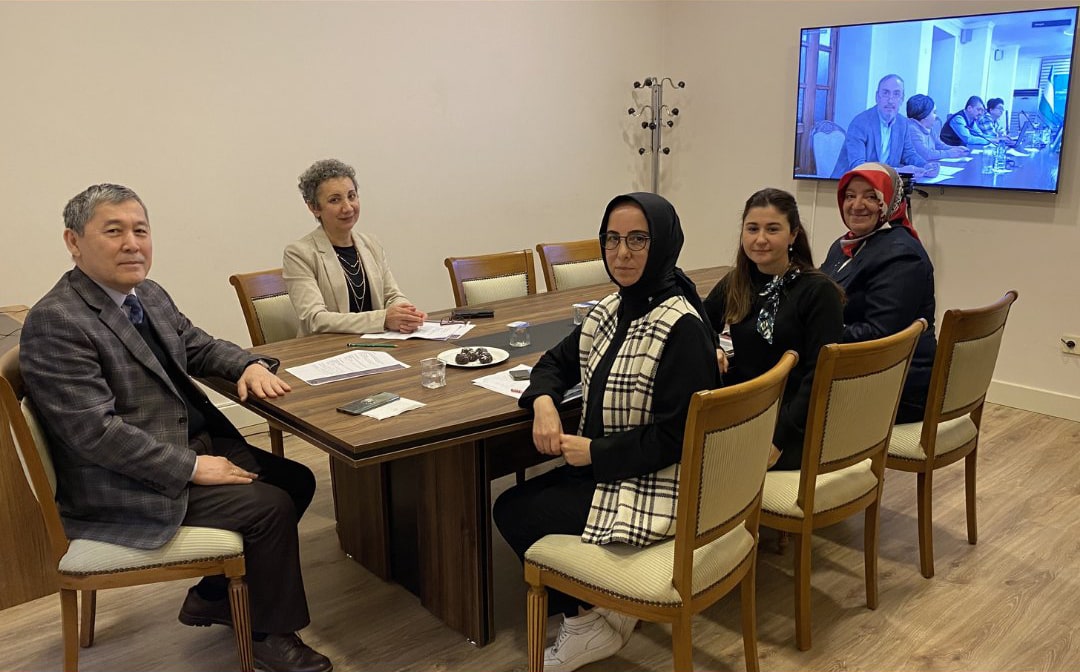
2022- An online training program was organized by IRCICA jointly with the Center of Islamic Civilization in Uzbekistan. Librarians from different institutions of Uzbekistan participated in the program to exchange information about library management from various perspectives and discuss cooperation opportunities.
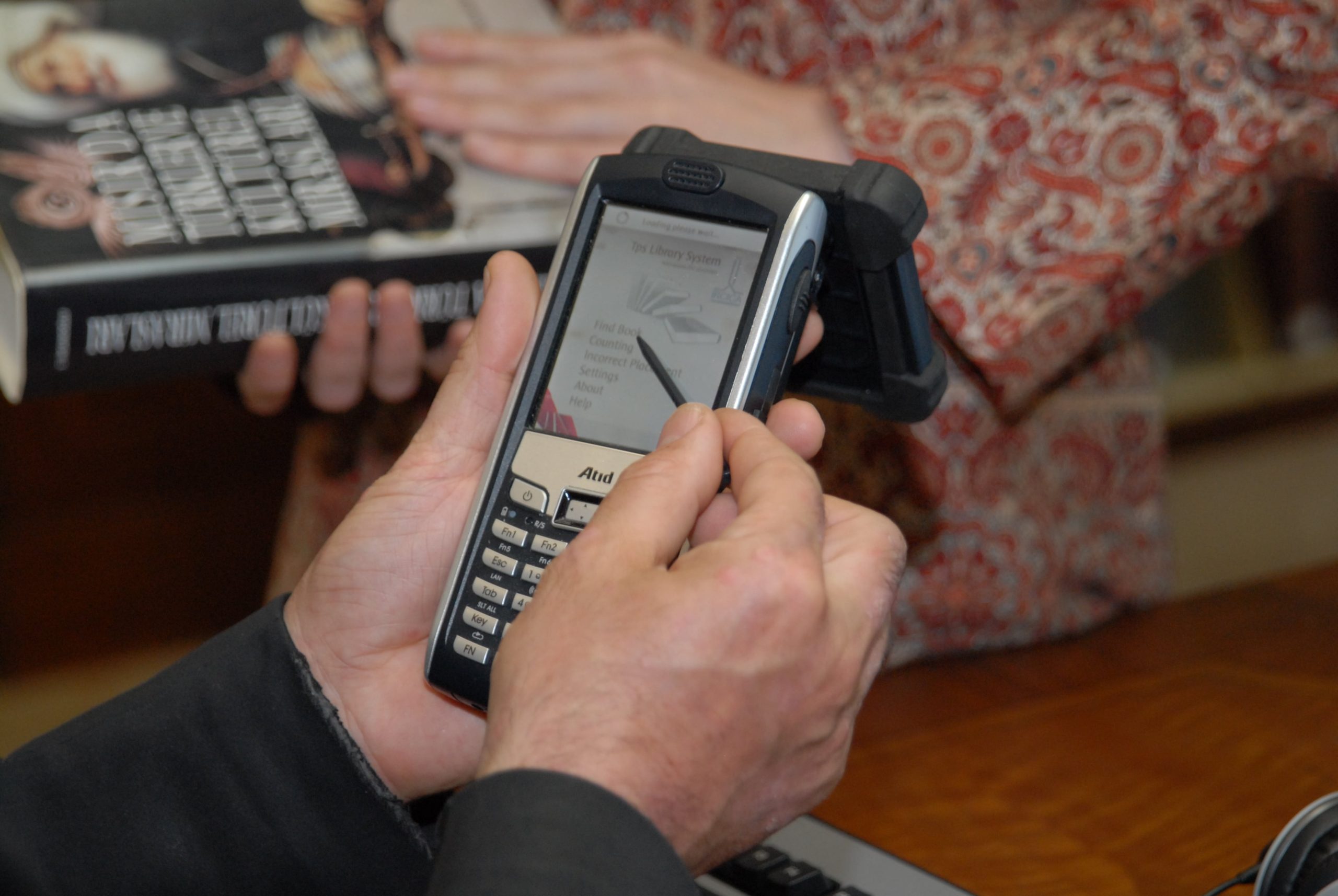
2021 – The Library and Archive general inventory control work was carried out in a very short time using the RFID system.
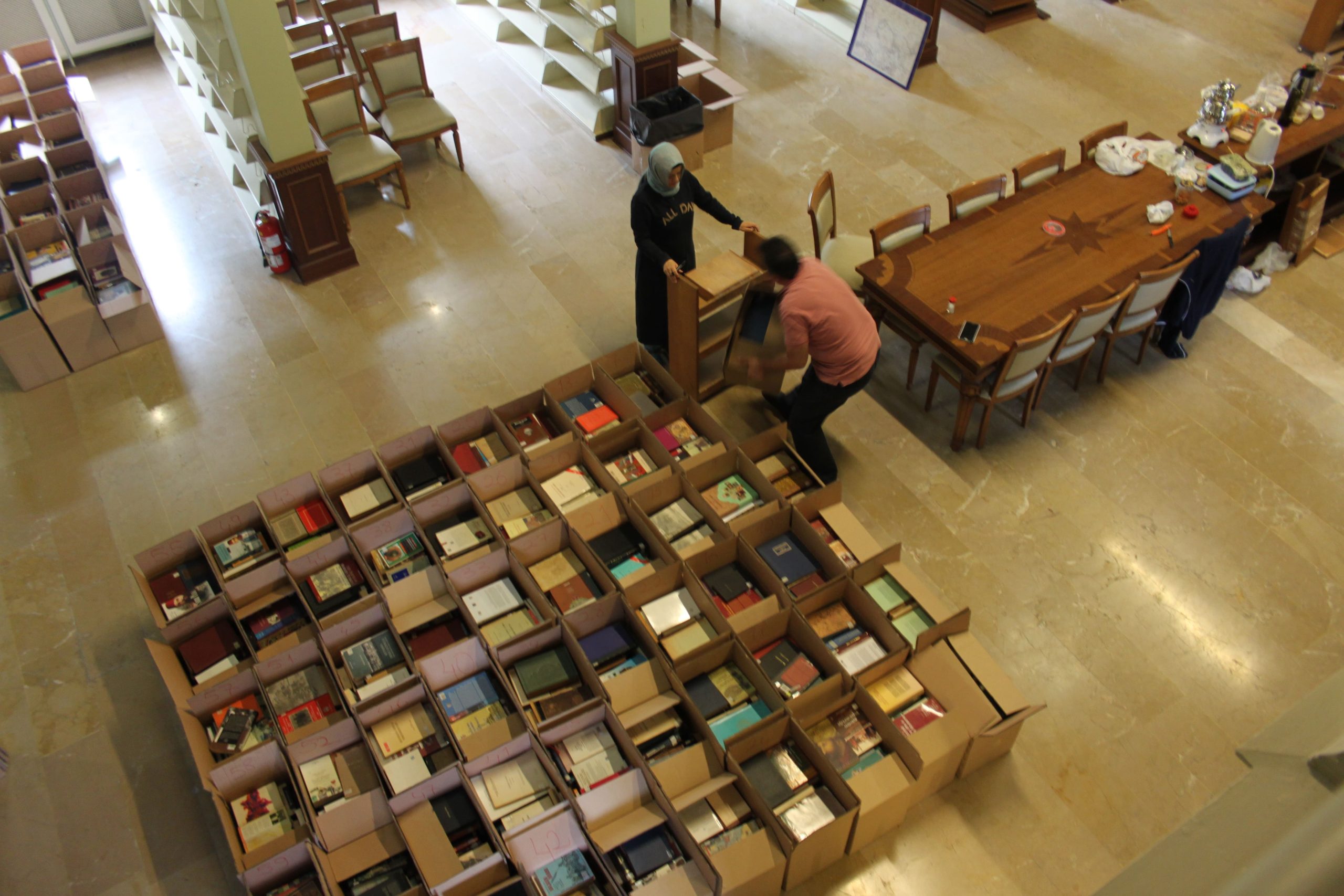
2017 – IRCICA and all its departments moved from Yıldız Palace to Bab-ı Ali complex allocated by the Presidency of the Republic of Türkiye.
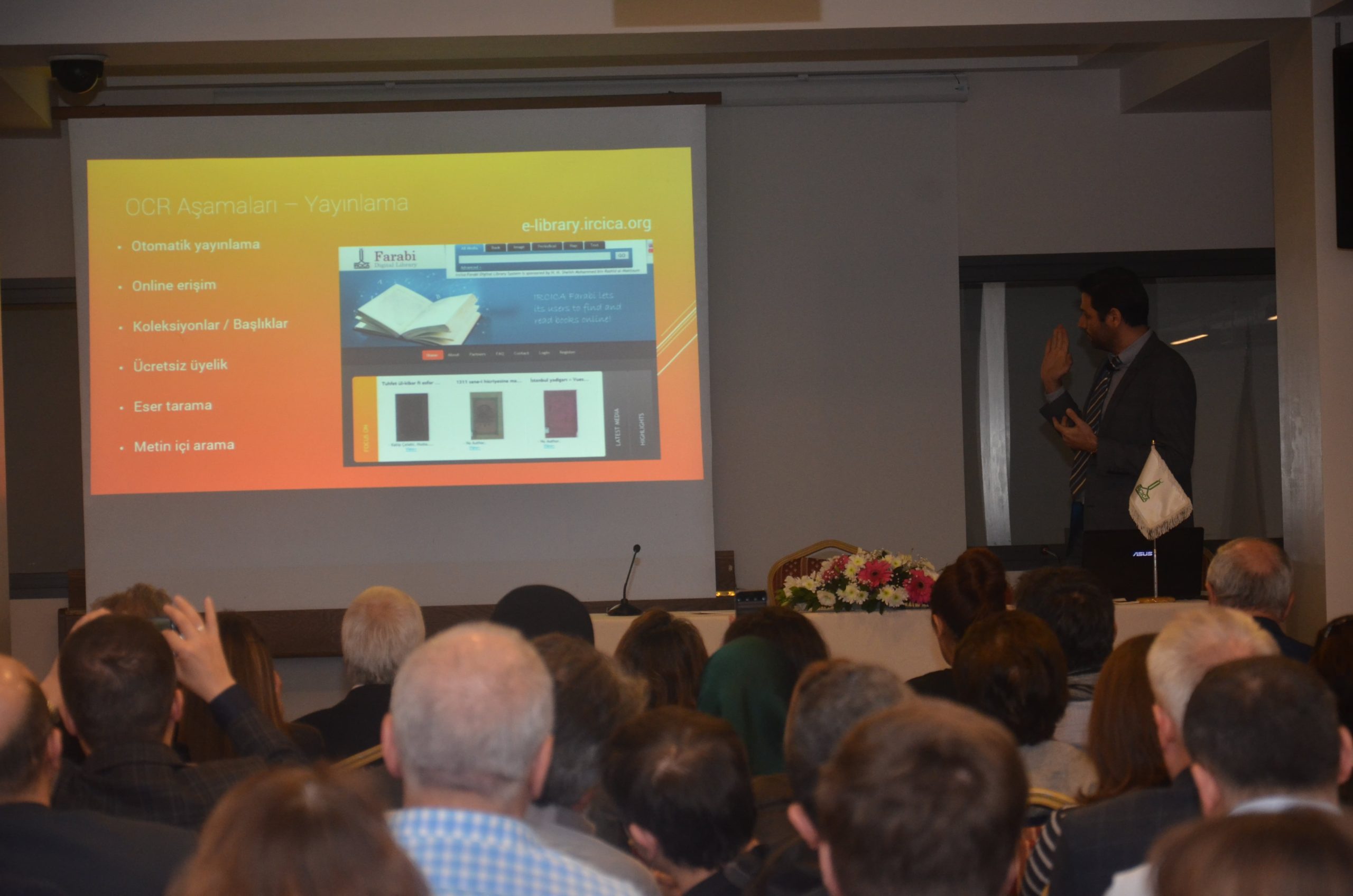
2017 - IRCICA initiated the “Digitalization of Manuscripts (Nesih, Rika, Talik, Nestalik) by Developing OCR Technologies” project, which is the third phase of the Ottoman OCR studies carried out for the first time in the world. The project, which has reached a certain stage with the support of İSTKA, has been successfully completed.

2015 – IRCICA combined all librarianship processes from ordering publications to preparing usage reports under one roof, in conformity with the latest professional and technological standards. It also put together the RFID and Digital Library Program under the title of “IRCICA Farabi Integrated Library Automation System” and started to use it.
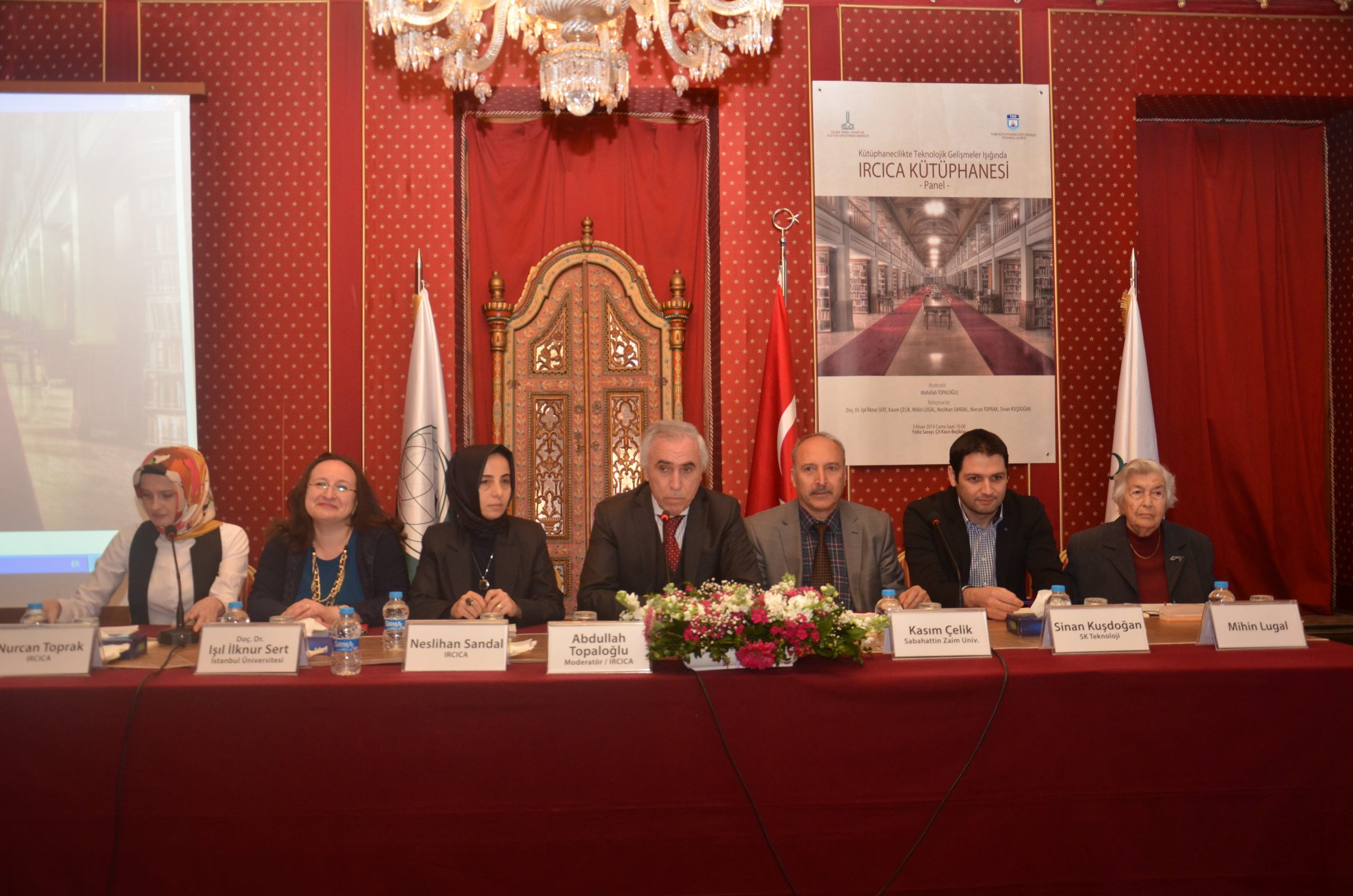
2015 - Within the framework of the 51st Library Week program, the panel “IRCICA Library in Light of Technological Developments in Librarianship” was organized.
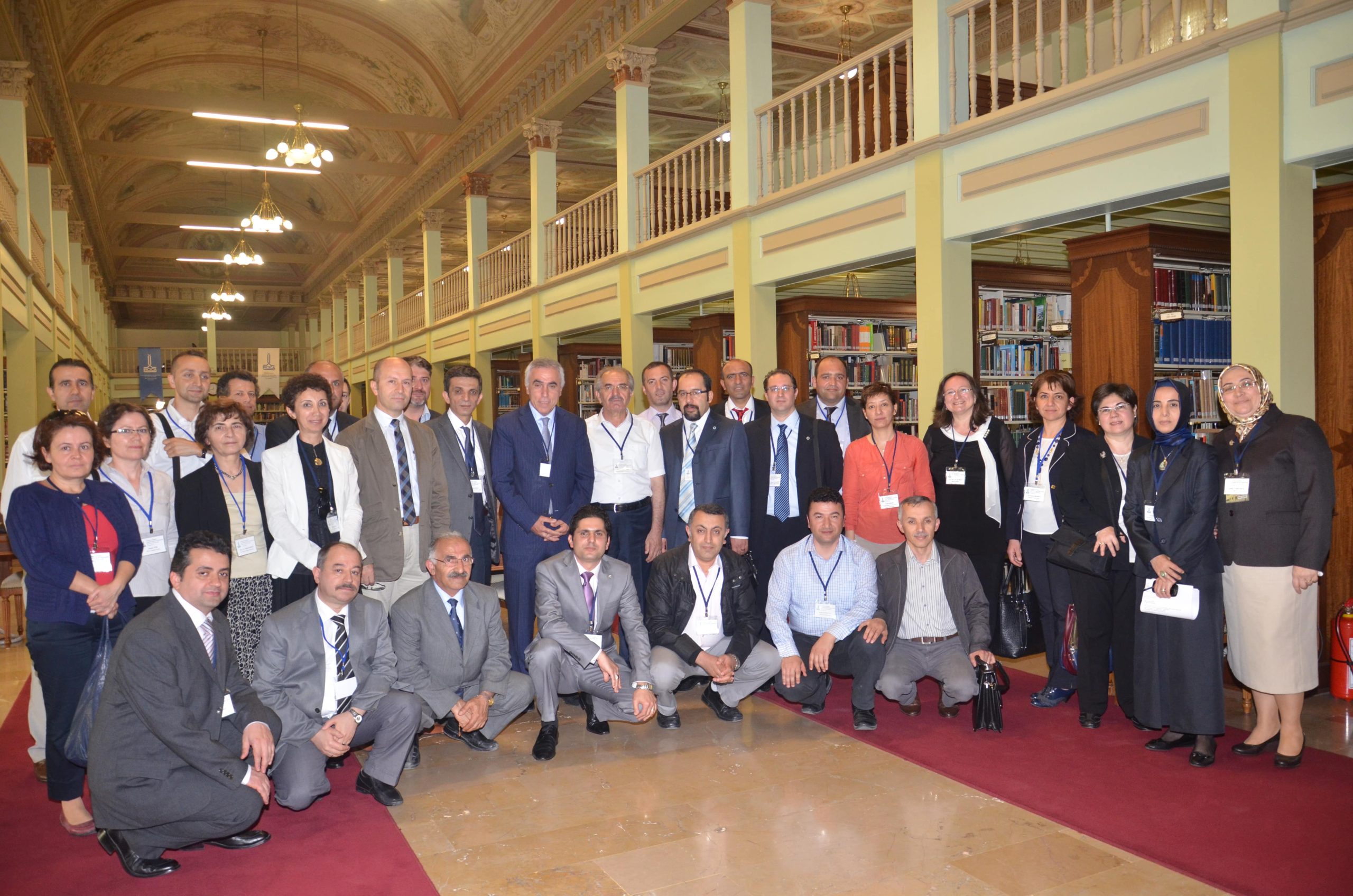
2013 - “Digitization Working Groups” were established in a meeting hosted by IRCICA with attendance from all over Türkiye on May 17, 2013. In this way, the development of ideas and studies to facilitate digitization applications in the field of librarianship and archive in Türkiye and the preparation of standards on the subject were accelerated.
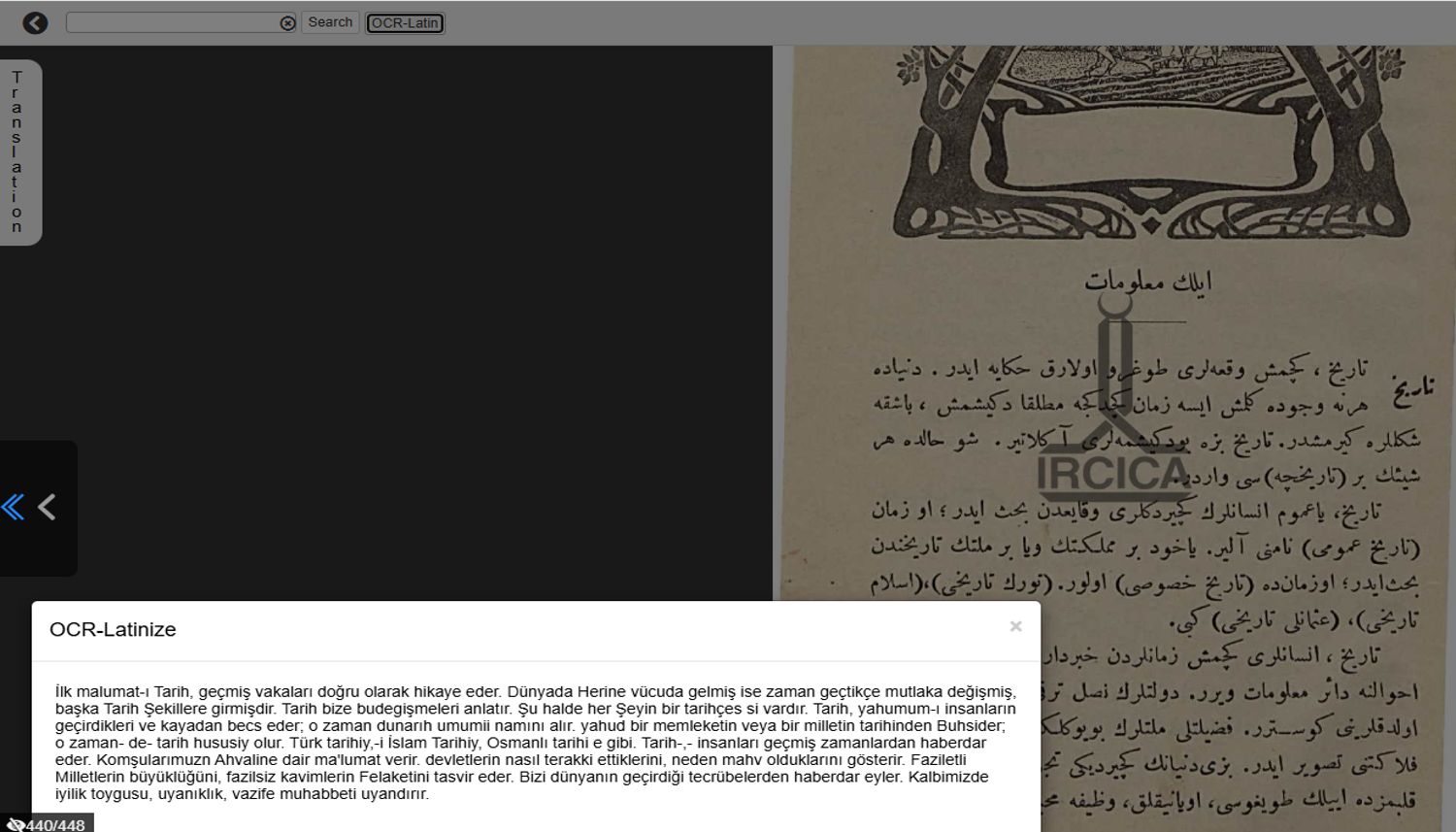
2011 - Thanks to the advancement of image processing and information technologies, the OCR (Optical Character Recognition) system has been used for printed books. The contents of the books have been converted into understandable and processable texts in a computer environment. Existing OCR software systems did not allow the analysis of Ottoman Turkish texts. To meet the need, IRCICA conducted and successfully achieved a multiple-phase project to perform OCR in Ottoman, which is the first tool of its kind in the world. It also certified its pioneership in this field by obtaining the Ottoman OCR Trademark Registration Certificate from the Turkish Patent Institute.
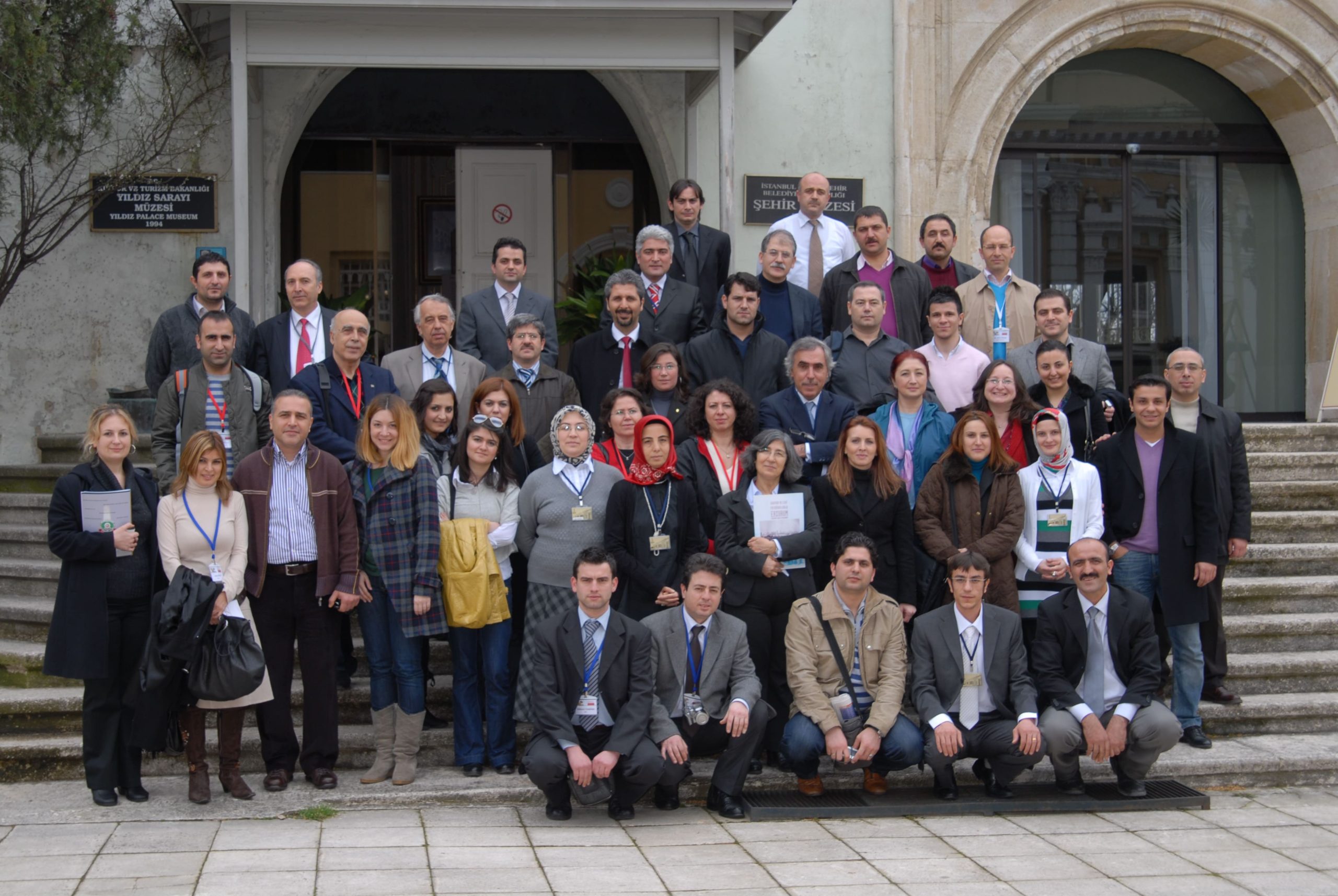
2010 - The “Workshop on Standards and Collaboration in Digitization of Information Resources” organized by the Turkish Librarians’ Association was held at the Ali Emiri Efendi Cultural Center. The first local digital library application in Turkey, the “IRCICA Farabi Digital Library Program” was introduced to the participants with a presentation made at IRCICA on the third day of the workshop.
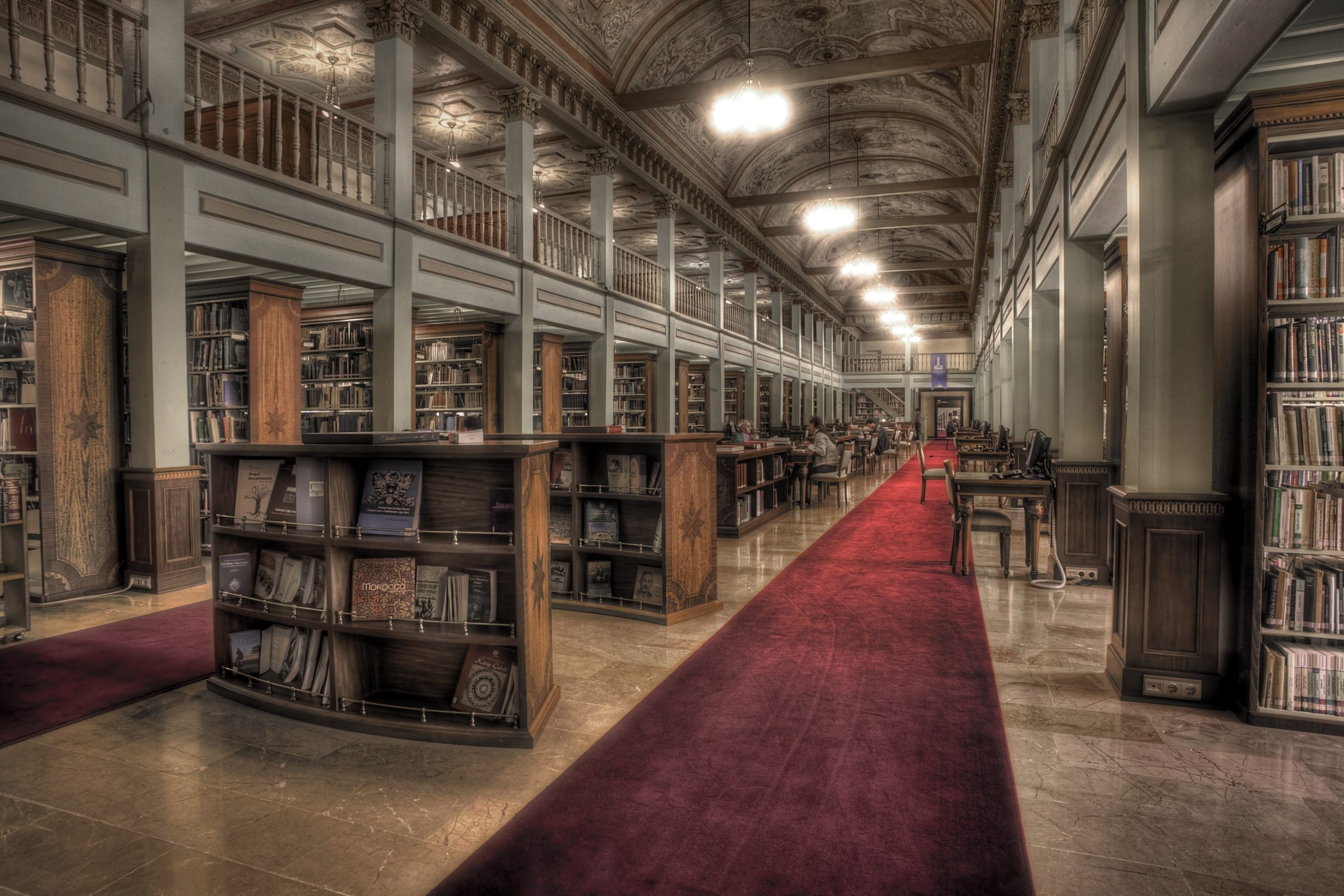
2009 - The Library and Archive, which operates in the Yıldız Palace Çit Pavilion, needed more space to effectively present its diverse and increasing collections to its users. For this reason, the Silahhane Building was allocated to the IRCICA Library and Archive by the Government of the Republic of Türkiye and opened to the service of its users.

2008 - In parallel with developments of technology and information systems, efforts to transfer librarianship activities to electronic media have been initiated and the IRCICA Farabi Digital Library program has been created by providing software, hardware and infrastructure that allows editing and updating. The Vice President and Prime Minister of the United Arab Emirates, Emir of Dubai, Sheikh Mohammed bin Rashid al-Maktoum, has extended provided significant support for the development of the hardware, infrastructure and Farabi Digital Library program of the IRCICA library.

2006 – By means of the first Library and Archive UHF RFID system software prepared by IRCICA based on its own R&D, it has been possible to easily, quickly and securely perform the electronic processes of recognition, tracking and inspection for the purposes of locating materials, operating their counts fast and accurately, labelling them, monitoring their movements at library entrances and exits, controlling their security and circulation, as well as for reporting all these processes.
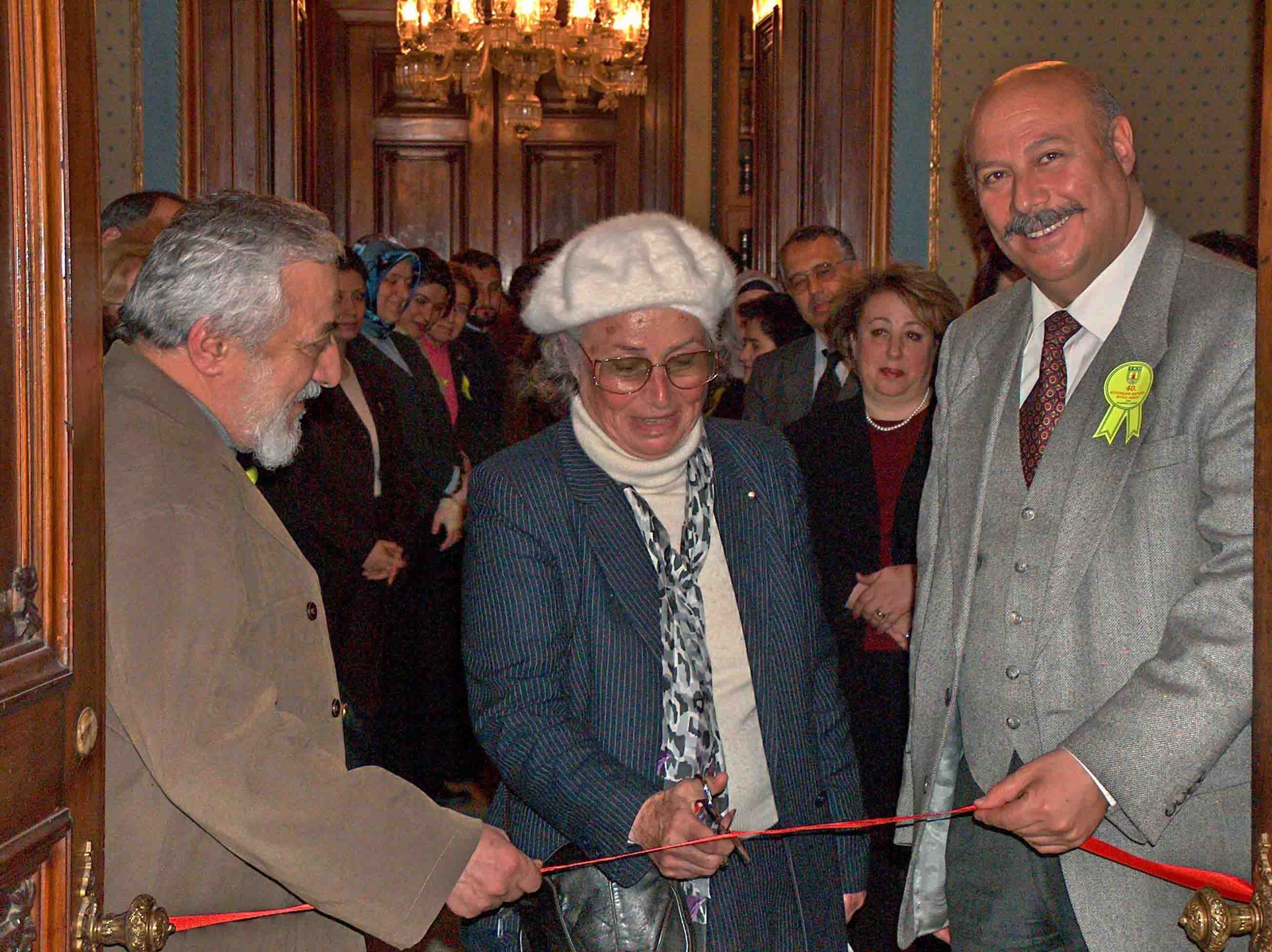
2004 – IRCICA Library and Archive organized the “Artist Librarians Exhibition” within the framework of the 40th Library Week.
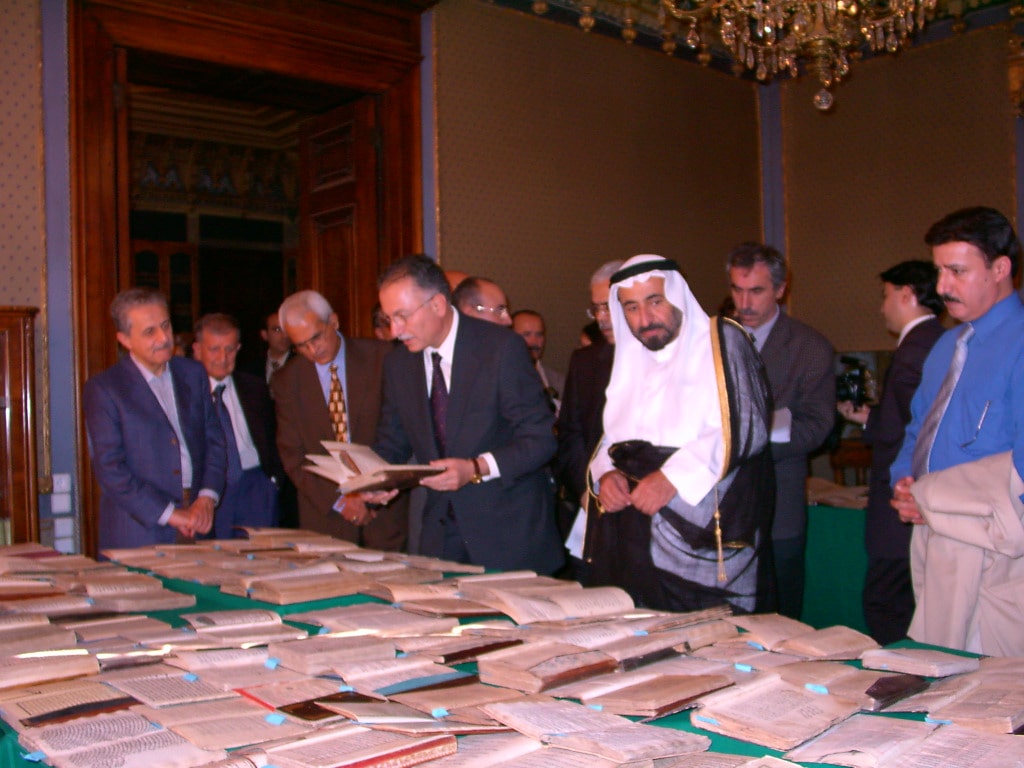
2002 - Sheikh Dr. Sultan bin Mohammad al-Qassimi, Emir of Sharjah, known for his patronage and support of the preservation of Islamic cultural heritage worldwide, donated a valuable collection of manuscripts and Müteferrika prints to the IRCICA Library.
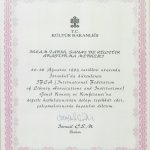
1995 – The meeting of the Section on Library Services to Multicultural Societies held within the 61st General Conference of the International Federation of Library Associations and Institutions (IFLA) in İstanbul was held at IRCICA.
1993 - The “BLISS-PC Library Automation Program” produced by Bilkent University began to be used with all its modules. The program was replaced with the updated BLISS_-LINUX version in 2005.
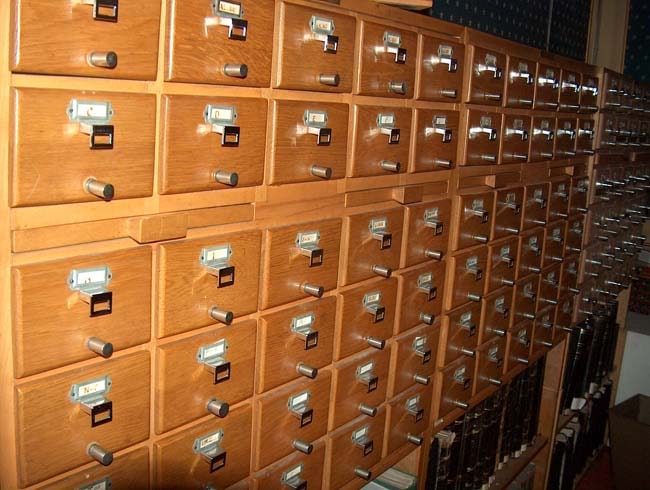
1988 - The Library and Archive collection was enriched day by day through donations, exchanges and purchases. The number of books reached 20.000 and the number of periodicals reached 1.038.
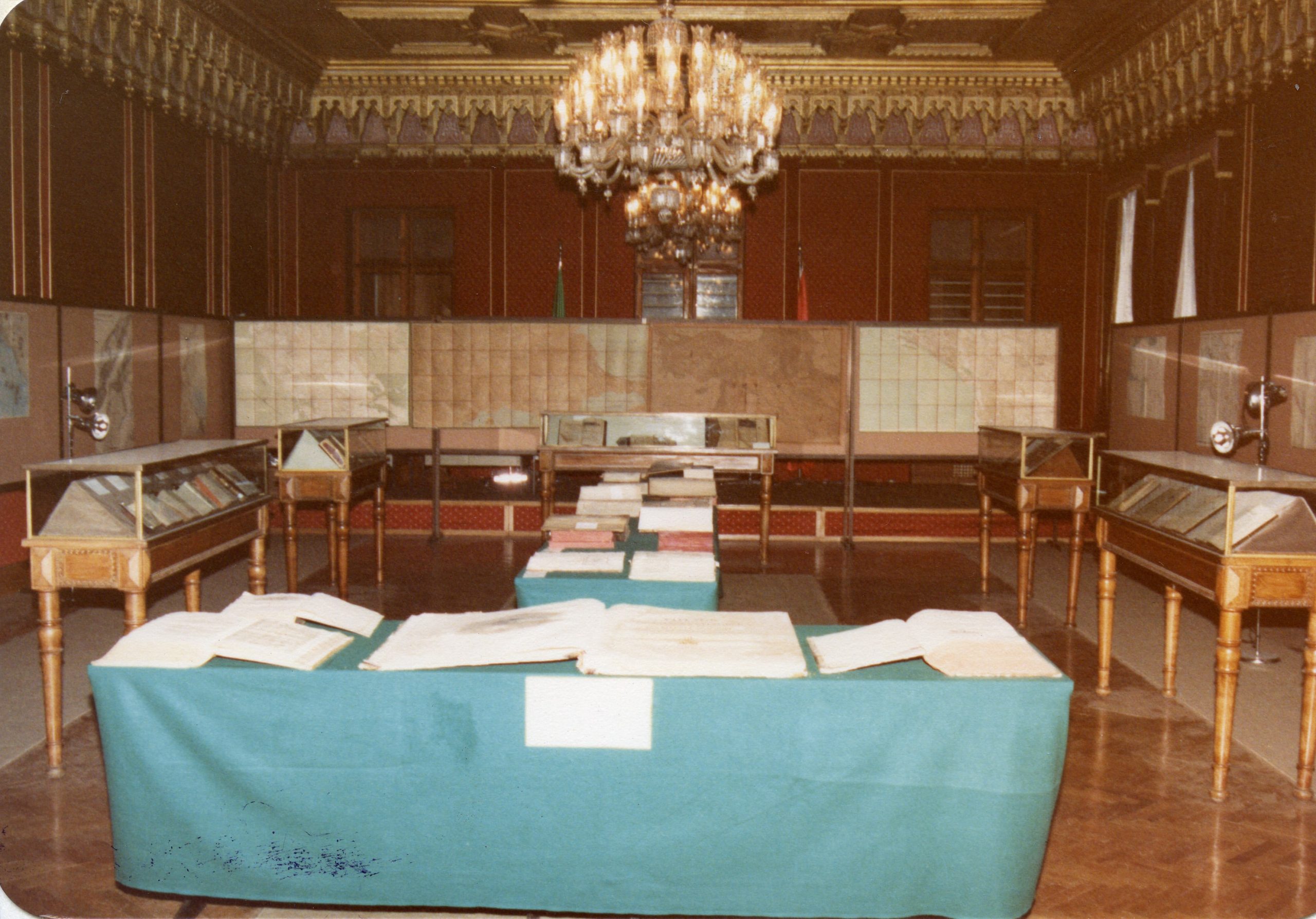
1986 - During the 15th Congress of the International Bibliophiles Association, a “Rare Books Exhibition” was organized in cooperation with the French Anatolian Research Institute. The exhibition presented many rare books, including the Müteferrika prints in the Library and Archive collection and the Latin Quran, which was first printed in 1550.
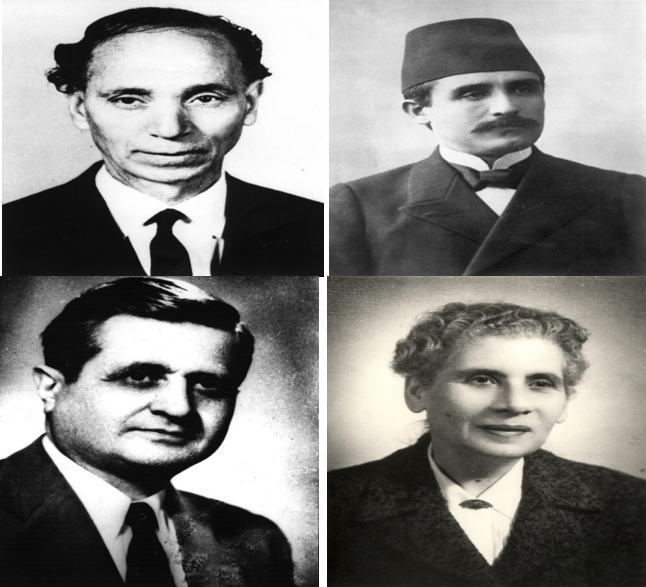
1985 - IRCICA Library and Archive contains the private collections of leading scholars and cultural personalities of the Centre’s fields of interest and connected areas. After the receipt of Dr. Zaki Ali’s collection donated to IRCICA in 1985, the archive expanded gradually alongside the growth of the book collection, with the addition of other personal collections such as those of Vedat Eldem, Mustafa Münif Paşa, Nezahat Nurettin Ege, Haidar & Necmeddin Bammate.
